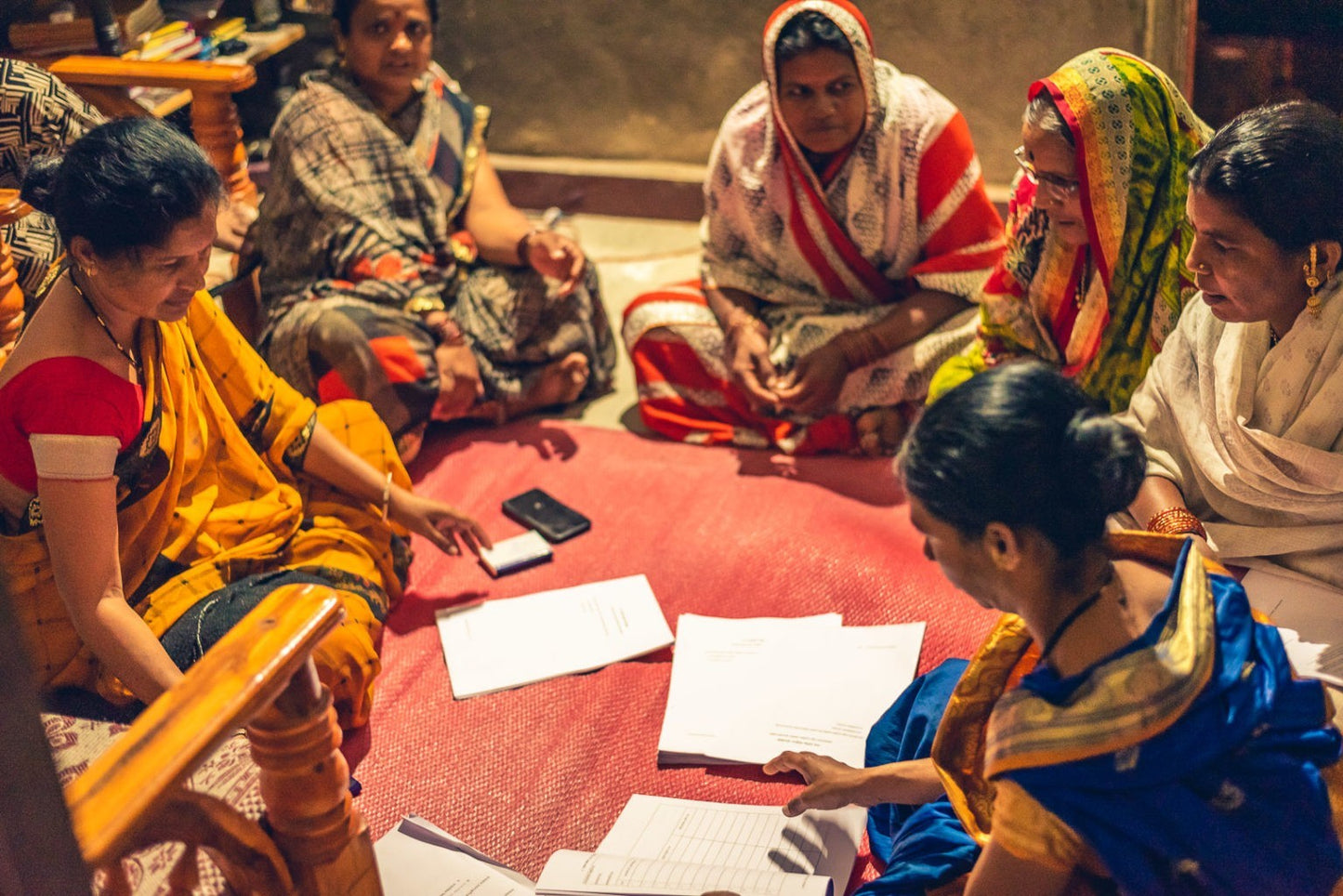
Women in India haven’t been traditionally considered a part of the business. They have been pushed into the gendered roles that limit them to the four walls of the house. As a result, they own fewer businesses, are less active in political affairs, and have lower access to finance. The change needed for this scenario had to be a bottom-up approach, and it was, with many success stories coming from different parts of the country. The only downside was that these stories were minuscule in number. While one woman broke the shackles put by the patriarchy, there were a million who were waiting for a change to happen.
The SHGs (Self Help Groups) came in the form of a boon, first started at a large scale by the National Rural Livelihood Mission. It was the revamped version of the Swarnajayanti Gram Swarozgar Yojana, which was started in 1999 but didn’t achieve what was intended. The game-changer was the autonomy that was given to the states, which was trickled down to subsequent subunits of the system.
SHGs are typically a group of around ten women whose purpose is to provide the members access to finance. This group usually meets once a week, collects money from the members, and creates access to capital at low interest rates. NRLM helps to link these self-help groups to village-level organizations and then cluster-level federations. Also, these are run by trained local women. One downside that was seen with this model was the inability of the groups to pay back loans to the government. In 2016, it was reported that Rs.9000 crores worth of bad loans to self-help groups were in danger of being written off.
This model of SHGs is emulated at several levels and by multiple players in contemporary times, but with tweaks of their own. Private players have contributed immensely in this, majorly as a part of their ‘corporate social responsibility, and they brought in the aspect of skill enhancement apart from financial independence. This transformed not only the access to finance but livelihood generation as well. At Farmdidi, we implement both elements with a tweak of our own.
We are focused on empowering women through livelihood generation and creating a sustainable business model to ensure accessibility to income, not merely finance. Women of rural India have esoteric knowledge of local traditions, especially health and hygiene. We channelize this strength to create products that utilize this unique knowledge and combine it with skill training to enable income generation for women. Being a social enterprise, FarmDidi puts back the profit into the business for fast growth, both in terms of income and inclusion of women. We believe that all that these women need is guidance, someone to show them the path, and that is what we’re trying to do with our small step, with our FarmDiDi.
Check out our tasty Homemade Pickles made by rural women of India.
